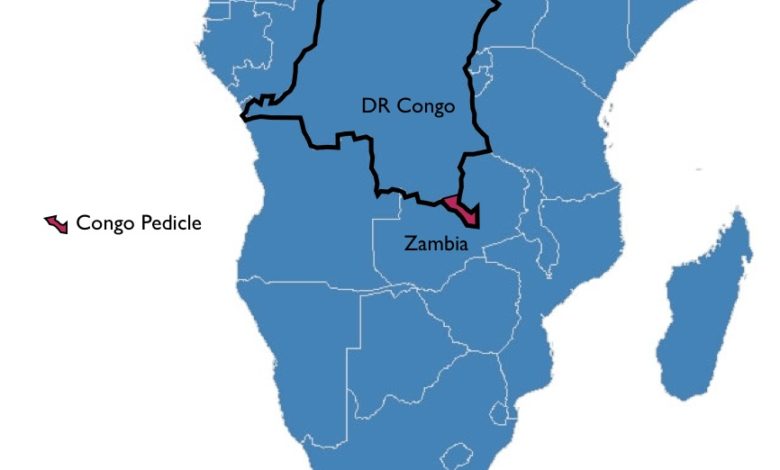Zambian Army Given 7 Days To Quit Democratic Republic Of Congo

The Southern African Development Community (SADC) has given the Zambian armed forces seven days ultimatum with effect from Saturday, 26 July 2020 to quit the Democratic Republic of Congo territory it currently occupies.
The decision follows a complaint by the Democratic Republic of Congo to the SADC, following the occupation of some villages by the Zambian armed forces in parts of Southwest of DR Congo.
According to Congolese authorities, the two localities of Kibanga and Kalubamba in the province of Tanganyika are an integral part of the territory of the Democratic Republic of Congo.
“The Ministry of Defence has informed the Council on the latest developments in the border dispute between the Democratic Republic of Congo and Zambia.
After an examination of the border dispute opposing Zambia against the Democratic Republic of Congo, the SADC, which was approached by the Democratic Republic of Congo has just decided that the localities of Kibanga and Kalubamba are part of the Democratic Republic of Congo.
The Zambian armed forces have been given seven days to evacuate its troops”, President Felix Tshisekedi announced during a Council of Ministers meeting in Kinshasa July 24, 2020.
It should be recalled that the Zambian army has within the last two months been occupying the said territory thus forcing the government of the Democratic Republic of Congo to resort to the Southern African Development Community for a diplomatic resolution.
“Upon announcing the news, the President of the Republic reiterated the desire to see Africans united and together in the face the multiple challenges confronting them,” declared a government statement.
What is left to be seen now is whether the decision would be respected by the Zambian government.
“The SADC decision is good on the surface but its execution would be the problem because the SADC has no execution mechanism that ensures that its decisions are respected”, declared a Tanzanian diplomat in Kinshasa who elected for anonymity.
Besides the Zambian army, the Democratic Republic of Congo has been invaded by several other militaries from the Central African Republic, South Sudan and Angola besides the various rebellious armed groups from foreign countries.
“With its richness in natural resources and the porous nature of its borders, the DR Congo is the focus of various local and international interests all bent on exploiting it’s rich underground”, another diplomat told HumAngle in Kinshasa yesterday.
Support Our Journalism
There are millions of ordinary people affected by conflict in Africa whose stories are missing in the mainstream media. HumAngle is determined to tell those challenging and under-reported stories, hoping that the people impacted by these conflicts will find the safety and security they deserve.
To ensure that we continue to provide public service coverage, we have a small favour to ask you. We want you to be part of our journalistic endeavour by contributing a token to us.
Your donation will further promote a robust, free, and independent media.
Donate HereStay Closer To The Stories That Matter




